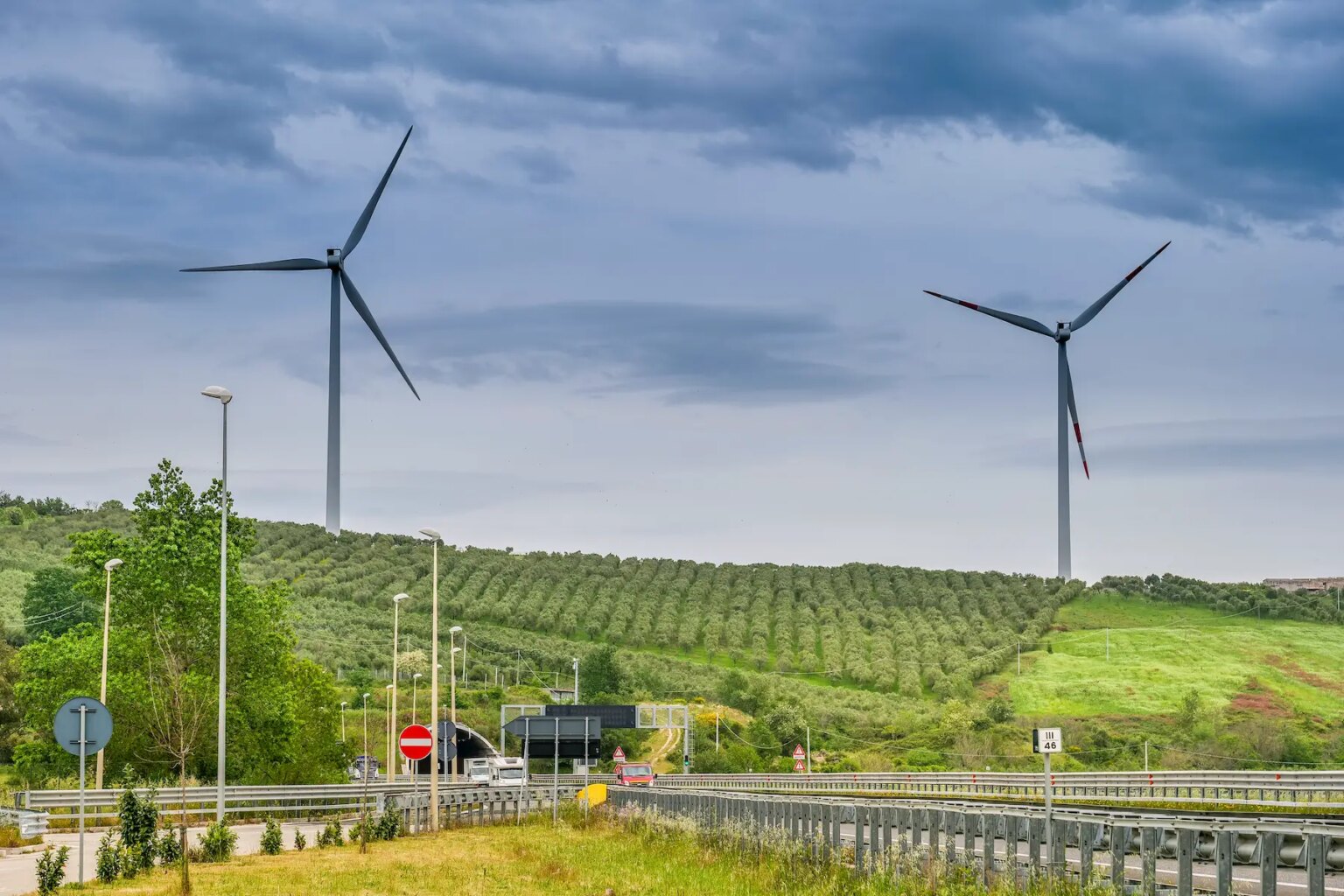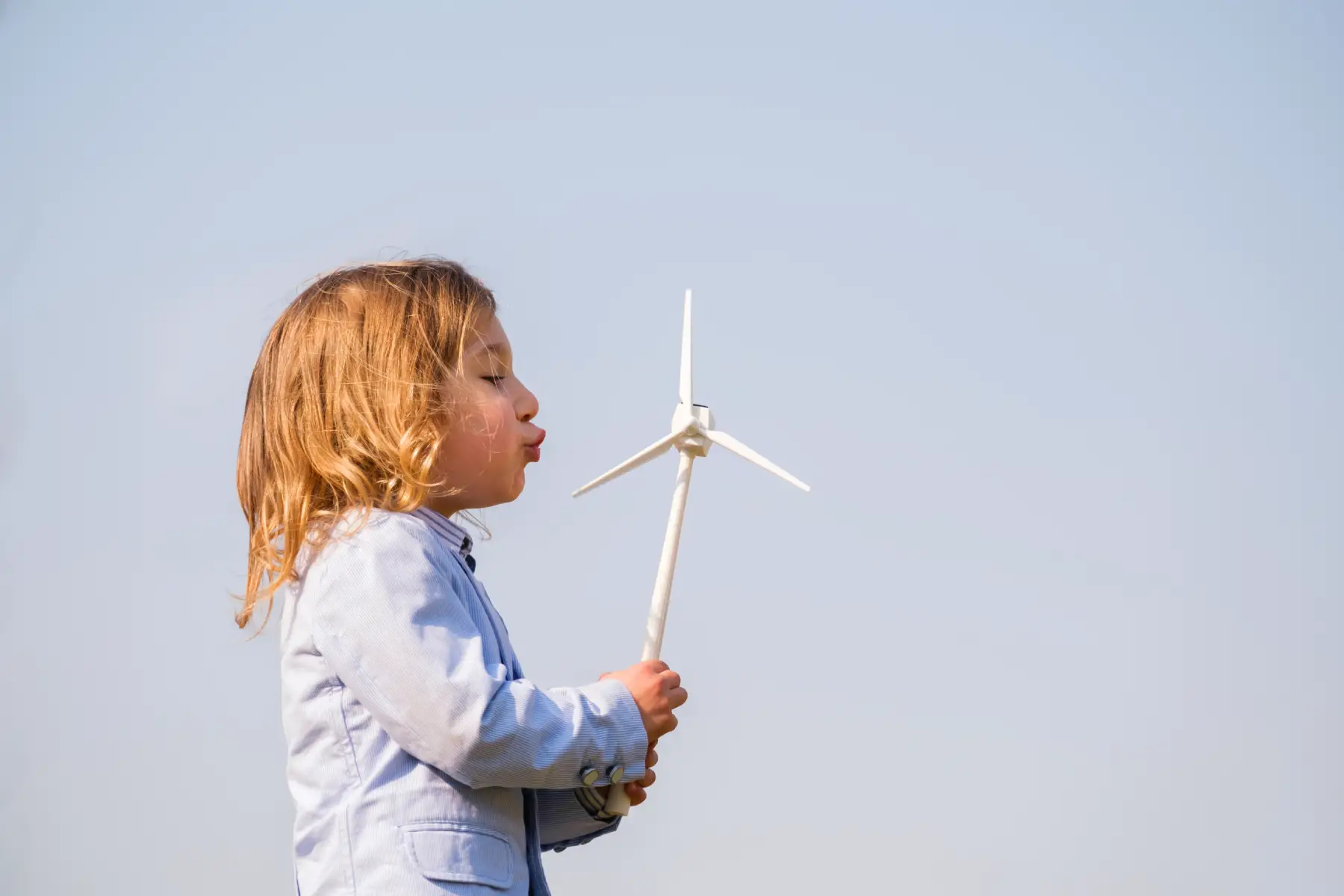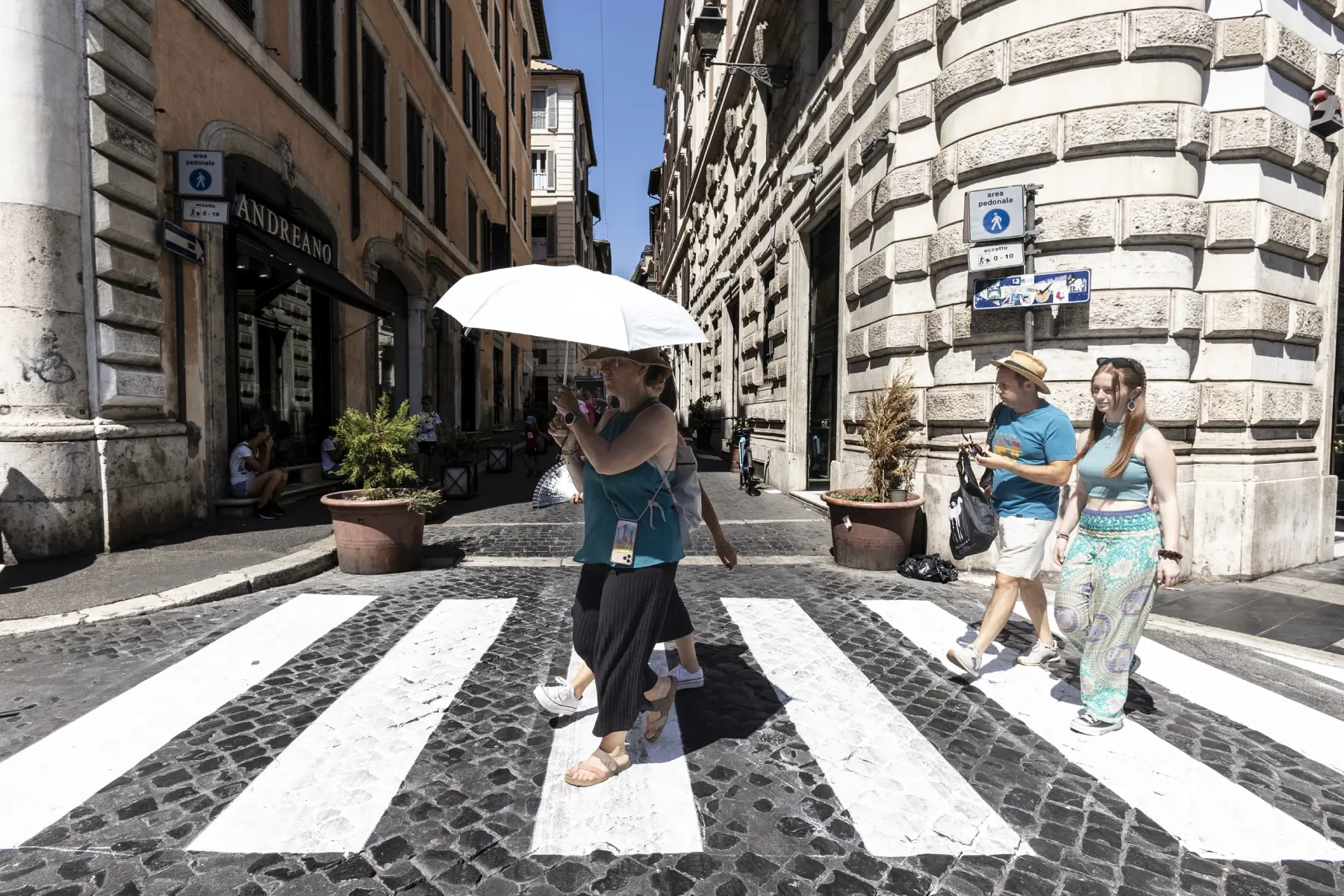If you’ve just moved abroad, you probably have a giant to-do list that involves getting health insurance, figuring out the school system, moving your belongings, and, of course, securing housing. Once you’ve signed a lease or bought a home, there are still more things to do before moving in. Setting up your utilities in Italy is essential when settling into your new place.
Dive into Italian utilities and learn how to set up electricity, water, and gas with the following topics:
Alperia
If you’re keen to power your home more sustainably, why not try Alperia? They offer electricity and gas through renewables including hydroelectric plants in South Tyrol and offset programs. Try out their online bill calculator and make the switch with Alperia.
Utilities in Italy
The Italian Regulatory Authority for Energy, Networks, and Environment (ARERA) oversees energy distribution throughout the country. As for utilities, state, private, and regional companies bring energy to homes, businesses, and cities all over Italy, but most companies are government owned. Like many European Union (EU) countries, Italy embraces renewable energy. Fossil fuel remains dominant, but 18% of Italian energy sources are now renewable, on par with EU efficiency goals.
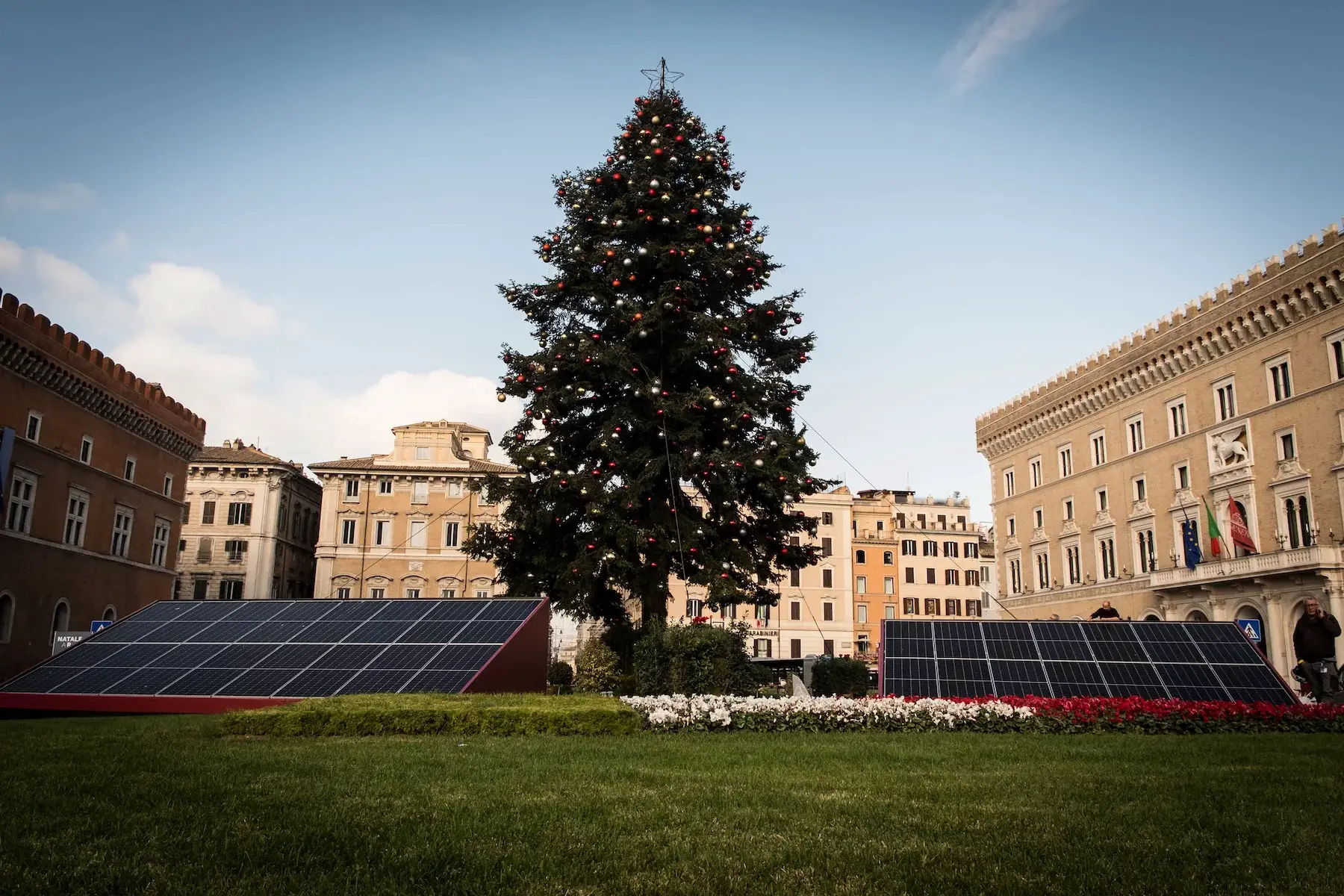
The Italian Ministry of Enterprises and Made in Italy (MIMIT) works to subsidize renewable energy efforts and make green sources a priority. Italy is moving towards improving the quality of supplies, becoming self-sufficient, and prioritizing green energy.
When setting up your utilities in Italy, there are many factors to consider, such as cost, sustainability, and convenience. These are the utility bills you will need to pay if they are not included in your home fees:
- Electricity
- Gas
- Water
- Wi-Fi
- Building fees
- Tassa sui rifiuti (TARI), or waste tax
Electricity in Italy
Some appliances, including refrigerators, stoves, and ovens, are prevalent in Italian apartments. Many also have a dishwasher and washing machine, but dryers are rare due to the high amount of electricity required. Hot water boilers can be either gas or electric.
The supply voltage in Italy is 230 volts (V) and features three plug types:
- Type C: two round pins
- Type F: two round pins with clips at the side
- Type L: three round pins
Most Italian appliances have warranties in case of damage or wear and tear. If you have a gas or electric boiler, regular inspections are required by law every one to two years.
Electricity suppliers
Italy has a mix of private and public energy companies, many of which also manage gas. The national electric company is Enel, but residents also have other options. When selecting the best company for your utilities in Italy, remember that there are large electricity suppliers, local public suppliers, and integrated energy companies. The leading electric companies are:
Green energy in Italy
Italy is moving towards more renewable energy. In 2021, 19% of its share of energy came from renewable sources. According to a survey by GPF Inspiring Research, 97% of Italians pay attention to sustainability. This includes reducing electricity usage, recycling, and renovating their homes to be more energy efficient. The Italian government motivates citizens to live eco-friendly lifestyles with tax bonuses for solar panels, electric cars, and energy-efficient homes. For example, the Superbonus tax incentive fully covers adding solar panels and electric vehicle (EV) charging ports to Italian homes.
Several Italian companies specialize in green energy and renewables. These include:
Installing solar panels
The number of solar panels across Italy increased almost ten-fold in the last decade. Government incentives and the desire to live more sustainably have both contributed to the increase. Solar panels reduce utility costs and contribute to the country’s overall energy efficiency.
If you are interested in solar panels for a rented home, you can discuss installation and government incentives with your landlord.
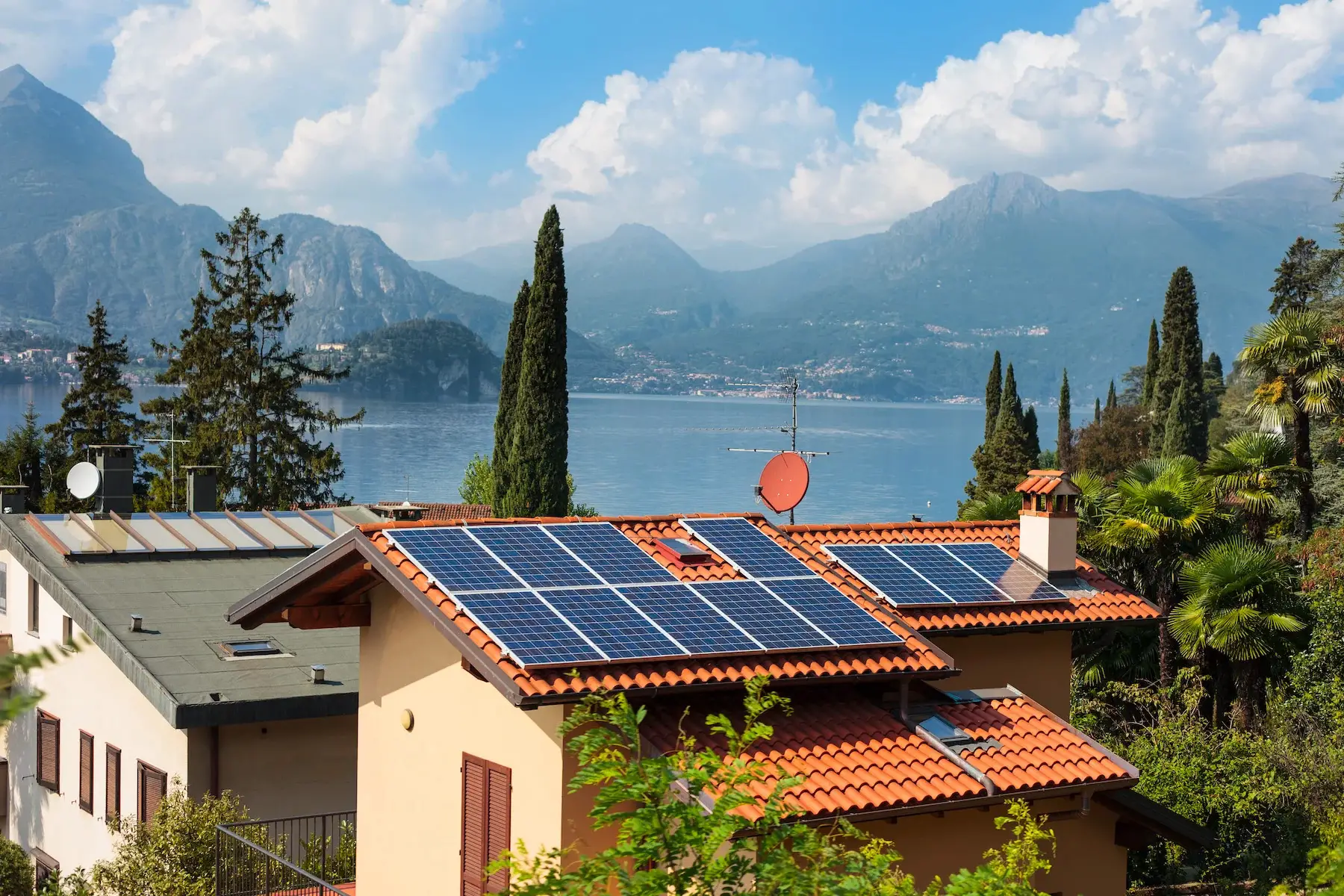
Private solar panel companies often also install a solar accumulator so you can continue to use green energy at night and on cloudy days. Since there’s less daylight during winter in Italy, solar panels are less effective without an accumulator.
Solar panel prices vary but usually cost €2,000–10,000 depending on size and energy production. Government incentives and home loans may cover part or all of the cost.
The following companies work with solar panels in Italy:
Connecting and disconnecting electricity
Connecting electricity to your home in Italy requires a few steps. First, register online or telephonically with a national provider, such as:
If you live in Rome (Roma), you can also contact the local supplier, Servizio Elettrico Roma.
Second, you must provide the following documentation:
- Your Italian tax number (codice fiscale)
- Passport or ID card
- Apartment rental contract or property deed, if applicable
Finally, when you move out, you can disconnect the service or have the new tenants take over the electricity account through a process called voltura.
Changing electricity suppliers
You can change electricity suppliers anytime if your current provider allows it. When changing utility companies in Italy, you need to provide the same documentation as when you registered (i.e., tax number, ID, rental contact).
Electricity costs and tariffs
Utilities in Italy vary in price by supplier, home size, and usage rate. A four-person household with 110m2 of living space uses 2,870 kilowatt hours (KWh) a year and pays €121 per month. Some suppliers also offer a fixed monthly price based on the size of your home, how many people live there, and the appliances you use.

Electricity can be expensive, so the Italian government offers incentives for low-income families to help pay for utilities.
Reporting electrical faults and carrying out repairs
In the event of an electrical fault, such as a power outage, you should contact E-distribuzione at 803 500 or send a message to 320 204 1500. You can also contact the energy regulatory agency, ARERA. For issues requiring an electrician, you can call or book one online by searching for an elettricista. In case of emergency, call 112 for general emergencies or 115 for the fire department.
Making a complaint about an electricity company
The first step in making a complaint is submitting a written copy directly to the electricity provider. After a waiting period, you can then file the complaint with ARERA. As a regulatory body, ARERA maintains a strict process for energy-related complaints, but this doesn’t mean it’s fast. Currently, nine months is the expected turnaround time for disputes.
Gas in Italy
Although some homes run exclusively on electricity, gas is still a heavily used form of energy in Italian households. Safety regulations ensure that gas distribution systems align with government standards upon installation, get checked regularly, and have a certificate from the Camere di Commercio.
Gas suppliers
The major gas suppliers in Italy are private companies that also provide electricity. A few companies only supply gas. The most popular Italian gas suppliers are:
Connecting and disconnecting gas
If your gas provider supplies electricity, you can register these utilities together in Italy. When connecting gas for the first time, you will need your codice fiscale, a form of ID, and proof of registered address. When you move out, you can disconnect the gas or ask the new tenants to take on your contract.
Changing gas suppliers
When changing gas providers, you need to prepare the same documentation as when you registered (i.e., ID, tax code, rental contact). Some suppliers have contracts you can’t get out of without a good reason, so check your paperwork beforehand.
Gas costs and tariffs
In 2023, Italy had the fifth most expensive natural gas in the EU. The average yearly cost of gas fluctuates depending on how much you consume and where you live. Gas bills also tend to be highest in winter when people are heating their homes.
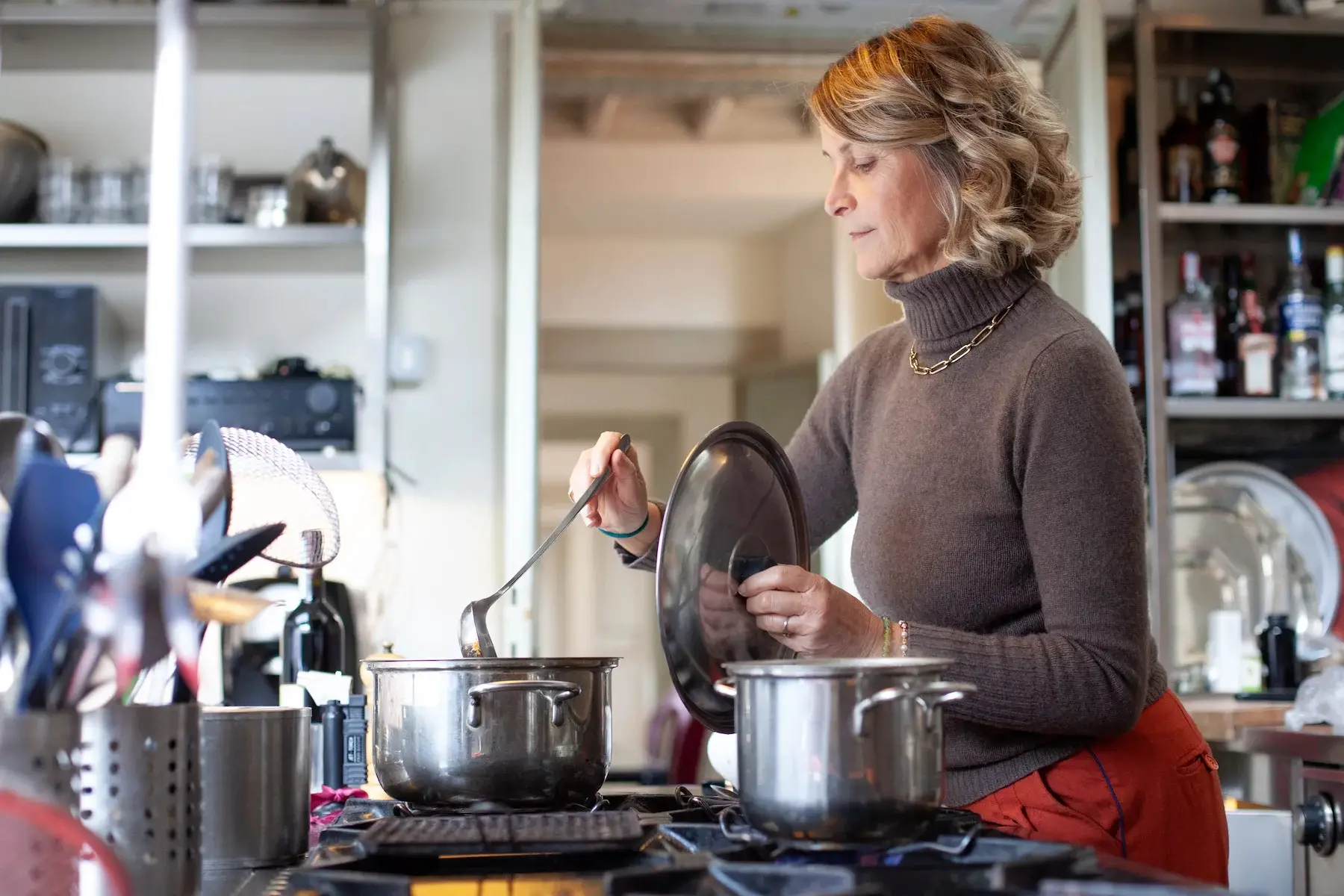
ARERA keeps up-to-date information on gas prices and tariffs around the country. Heating a home with gas is expensive, so the Italian government offers incentives for low-income families to help pay bills.
Reporting gas faults and carrying out repairs
A gas leak is a hazard that you must report to emergency services as soon as possible. To alert Italian authorities to a gas leak or similar issue, contact Italgas at 800 900 999 or emergency services at 112. For non-urgent repairs, you can book a gas technician online by searching for a tecnico gas.
Making a complaint about a gas company
ARERA is the regulatory agency that manages complaints against gas companies. They require you to submit a complaint with the provider directly, then wait a period before escalating the dispute. Keep in mind that ARERA’s average processing time is around nine months.
Water supply in Italy
The EU sets high standards for its member countries regarding water quality and access. According to the World Health Organization’s Water Supply, Sanitation, and Hygiene Program, around 96% of Italy had access to safe drinking water as of 2020.
Italy’s water supply is centralized and public, with a smaller portion of private companies. Like gas and electricity, ARERA regulates water supplies and performs quality checks. The government also provides public water filling stations for still and sparkling water throughout Italy to avoid single-use plastic water bottles.
Water suppliers in Italy
Italian water supply companies are either public, private, or hybrid. Here are the main options:
Water sustainability
The Italian government is working to raise awareness about domestic water waste, as well as funding home remodels that improve efficiency. One example is the bonus idrico, a 2022–2023 government program that grants up to €1,000 to install in-home water-saving fixtures and upgrade plumbing. There are many ways to make your home more water efficient, such as installing water-saving plumbing or recycling systems.
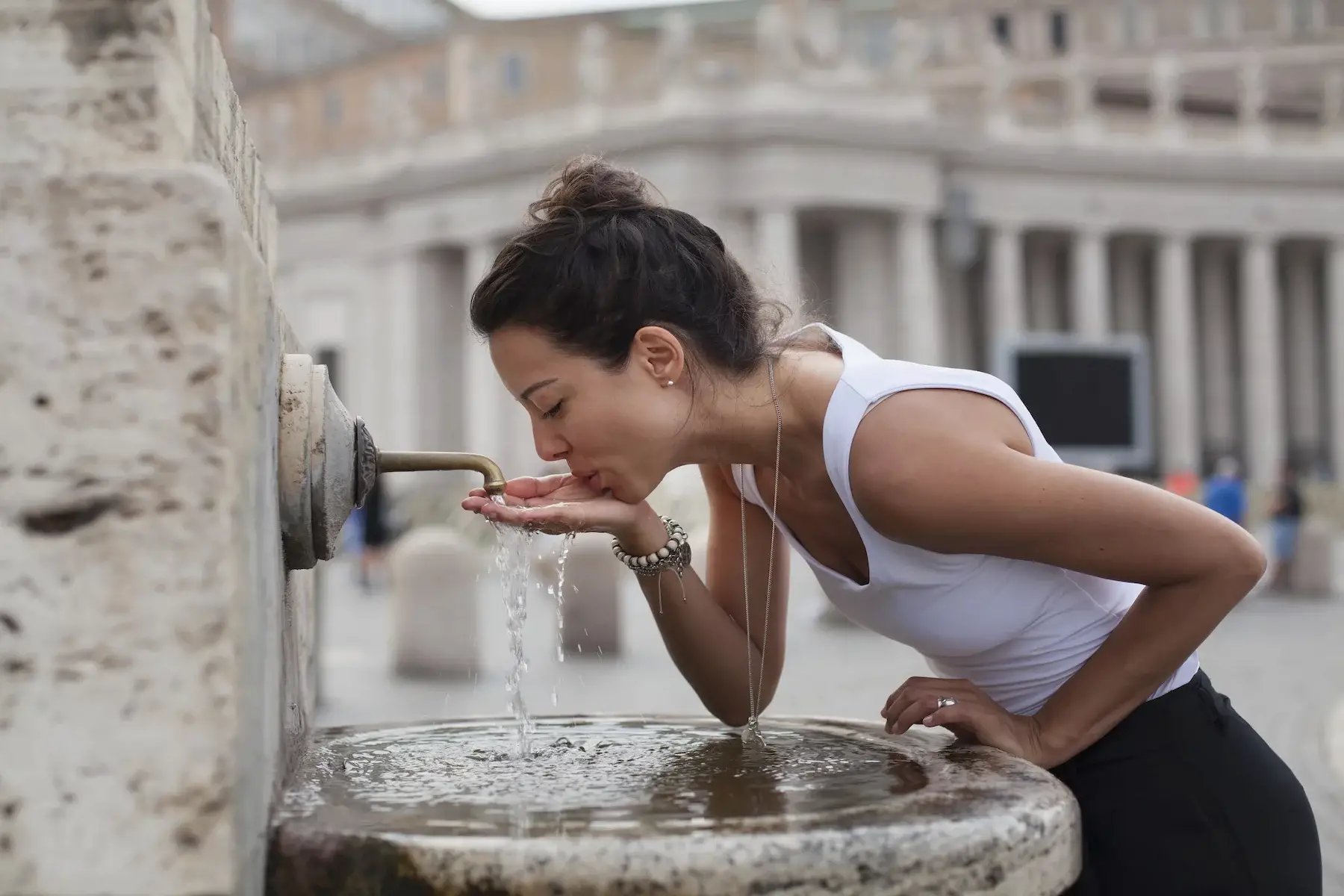
The Italian government often promotes additional incentives to make homes more green and sustainable. You can find out more on the Ministero dell’Ambiente e della Sicurezza Energetica (MASE) website.
Connecting and disconnecting water
When setting up utilities in Italy, you may need to choose a new water supplier for your home. You can register by providing your codice fiscale, ID, and proof of registered address. Contact the water company if you are moving and wish to disconnect.
Changing water suppliers
When changing providers, you need to provide the same documentation as when you registered (i.e., ID, tax code, rental contact). Some contracts last a set number of months or years, so always check with your current water company.
Water costs and tariffs
Water costs vary depending on the supplier and usage. Italian water bills are low compared to other EU countries, and Milan (Milano) is considered one of the cheapest cities in the world for fresh drinking water.
According to the Italian consumer group Cittadinanzattiva (Rapporto Acqua, 2024), the average price of water in Italy is €2.62/cubic meter (North: €2.35/m3, Center: €3.57/m3, South: €2.38).
Some water companies also have fixed billing systems. The Italian government offers incentives to help low-income families pay their water bills.
Reporting water leaks and carrying out repairs
If there’s a water leak in your rented house or apartment, the landlord should assist you or call a plumber. They are widely available in Italy, even on short notice. If there’s a burst pipe or a more serious water-related issue, notify the local water company as soon as possible.
In case of an emergency, call 112.
Making a complaint about a water company in Italy
To file a complaint with your water company, you should be able to reach them by phone or fill out a form online. ARERA also accepts complaints against water companies and reports of malfunctioning public water fountains.
Useful resources
- Italian Regulatory Authority for Energy, Networks, and Environment (ARERA) – regulatory body for electric, gas, and water in Italy
- Italian Government Superbonus – tax incentive program for households interested in making green energy improvements to their home
- Italian Ministry of Health – maintains the country’s emergency numbers
